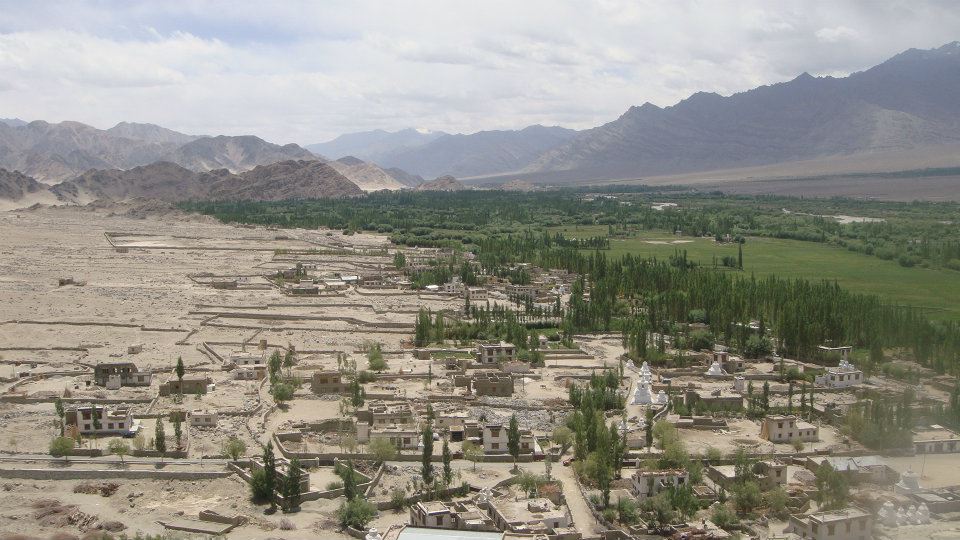
The Solar Energy Corporation of India (SECI) has issued a tender for two 1.5MW(AC) solar power projects with battery energy storage systems of 0.75MW / 2.5MWh each at two locations in the Indian state of Jammu and Kashmir.
The tender, which has been issued on behalf of construction agency Military Engineer Services (MES), is for design, engineering, supply, construction, installation, testing, and commissioning of the two projects at Tangtse and Durbuk in Leh district (Ladakh). It also includes 10 years of operations and maintenance (O&M) services.
Try Premium for just $1
- Full premium access for the first month at only $1
- Converts to an annual rate after 30 days unless cancelled
- Cancel anytime during the trial period
Premium Benefits
- Expert industry analysis and interviews
- Digital access to PV Tech Power journal
- Exclusive event discounts
Or get the full Premium subscription right away
Or continue reading this article for free
MES provides rear line engineering support to the Armed Forces. The Indian army is prominent in Ladakh due to the mountain region's proximity with the Chinese and Pakistan borders. Temperature at the project locations range from -30°C to 30°C and altitude is around 3,000 metres.
The battery storage system will be interconnected with the local distribution network and designed for maximum flexibility with regard to voltages, frequency, phase imbalance and protection requirements, according to the tender document.
The whole capacity of the tender will be awarded to a single contractor and the deadline for bid submissions is 23 August 2018.
India recently moved a step closer to having its first lithium-ion cell manufacturing facility with an agreement between local firm Raasi Group and two research institutions. Meanwhile, any kind of energy storage technology will be permitted in hybrid wind and solar projects under the government's recently released new hybrid policy.
William Brent, director of energy access coalition Power For All also recently guest blogged on how agro-centric mini-grids and solar trolleys could transform Indian farming.






